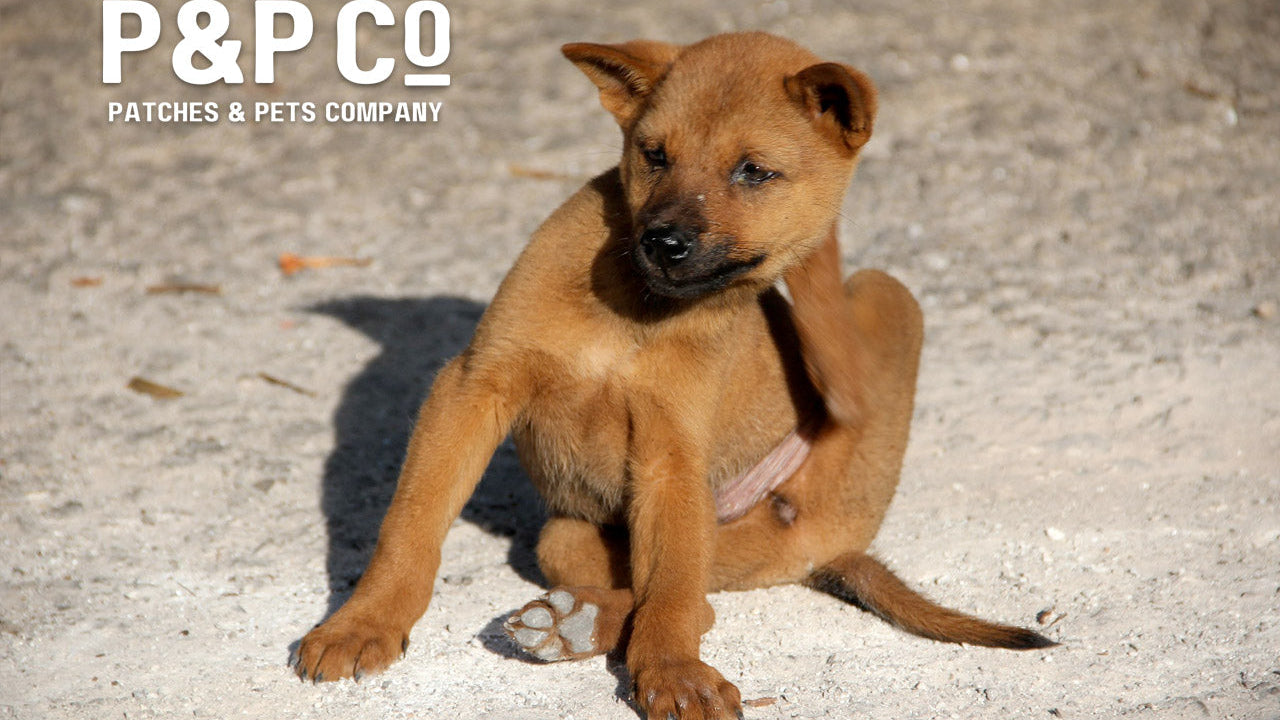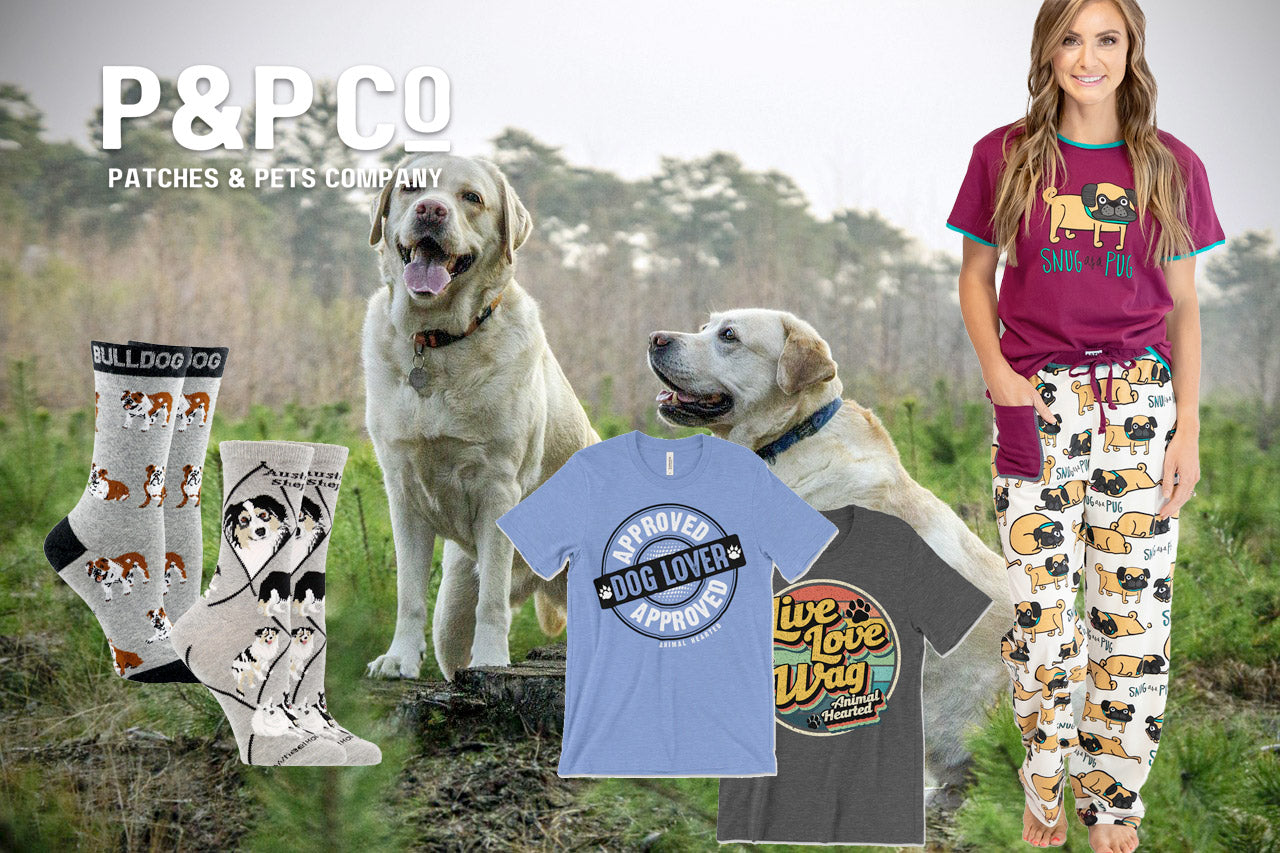
Is your pup constantly scratching, licking, or sneezing? It might not just be normal dog behavior — allergies are surprisingly common in our four-legged friends. Just like people, dogs can develop sensitivities to things in their environment, food, or even fleas. The good news? With a little awareness and the right plan, most allergies can be managed so your dog can live their happiest, itch-free life.
Here are the most common dog allergies — and what you can do about them.

1. Environmental Allergies (Atopic Dermatitis)
These are caused by allergens in the environment like pollen, mold, grass, or dust mites. Dogs with seasonal allergies often show symptoms like:
-
Excessive licking or chewing paws
-
Ear infections or head shaking
-
Red, itchy skin or rashes
Management Tips:
-
Wipe your dog’s paws and coat after walks
-
Use a HEPA air purifier indoors
-
Talk to your vet about antihistamines or allergy shots
2. Flea Allergy Dermatitis
Some dogs are extremely sensitive to flea saliva. Even a single bite can cause days of itching, hair loss, and skin infections.
Management Tips:
-
Use a consistent flea prevention regimen year-round
-
Wash bedding frequently
-
Treat both your pet and the environment (yard and home)

3. Food Allergies
Food allergies are often mistaken for stomach sensitivities, but the symptoms usually show up on the skin. Common culprits include beef, chicken, dairy, wheat, and soy.
Signs of Food Allergies:
-
Itchy skin, especially around ears, paws, and rear
-
Chronic ear infections
-
Gastrointestinal upset (vomiting or diarrhea)
Management Tips:
-
Try an elimination diet under your vet’s guidance
-
Feed a limited-ingredient or hypoallergenic diet
-
Avoid giving table scraps or treats with unknown ingredients
4. Contact Allergies
This type of allergy is triggered when your dog comes into direct contact with something irritating — like certain fabrics, shampoos, lawn treatments, or cleaning products.
Management Tips:
-
Switch to natural or hypoallergenic grooming products
-
Rinse your dog after exposure to grass or cleaners
-
Use stainless steel bowls (some dogs react to plastic)
5. Household Product Allergies
Air fresheners, detergents, scented candles, and carpet powders can trigger allergic reactions in some dogs.
Management Tips:
-
Choose pet-safe, unscented cleaning products
-
Avoid aerosol sprays near your dog
-
Ventilate your home regularly
6. Grain Sensitivities
Though not as common as social media might suggest, some dogs are sensitive to grains like corn, wheat, or rice.
Management Tips:
-
Choose grain-free dog food only if advised by your vet
-
Focus on quality protein sources
-
Monitor changes in skin or digestion after diet switches
7. Allergic Reactions to Medications or Vaccines
Rare but serious — dogs can have allergic responses to certain medications, including antibiotics and vaccines.
Signs Include:
-
Facial swelling
-
Hives or vomiting
-
Difficulty breathing
Management Tips:
-
Always monitor after a new medication or vaccine
-
Let your vet know about any past reactions
-
Emergency treatment may be needed for severe cases
How to Know if Your Dog Has Allergies
Common signs to watch for:
✔ Excessive itching or licking
✔ Ear infections
✔ Scooting or skin redness
✔ Runny eyes or sneezing
✔ Hot spots or hair loss
If your dog is showing any of these symptoms, it’s best to consult with your veterinarian. They may recommend allergy testing, a special diet, or medications to help your dog get relief.

Final Thoughts
No one likes to see their pup uncomfortable — but the good news is that most dog allergies are manageable with the right care. From changing their food to switching cleaning products or investing in flea prevention, there are plenty of simple steps you can take to keep your dog feeling their best.
Looking for a Low-Maintenance, Allergy-Friendly Dog?
While no dog is entirely hypoallergenic, certain breeds produce fewer allergens and are less likely to trigger allergic reactions. Here are a few breeds that are often recommended for allergy-sensitive individuals:
-
Maltese: This small breed boasts a silky, white coat that doesn't shed much, reducing the spread of dander. Their gentle and affectionate nature makes them excellent companions.
-
Miniature Schnauzer: Known for their wiry, low-shedding coat, Miniature Schnauzers are energetic and friendly.Regular grooming keeps their coat in top condition and minimizes allergens.
-
Portuguese Water Dog: With a dense, curly coat that doesn't shed much, this breed is both hypoallergenic and active. They're intelligent and thrive on companionship and exercise.
- Coton de Tulear: This cheerful and affectionate breed has a soft, cotton-like coat that produces minimal dander, making them suitable for allergy sufferers. Their playful demeanor and adaptability make them excellent companions for various households.
Choosing one of these breeds can offer a more comfortable experience for allergy sufferers, combining companionship with reduced allergen exposure.
Because a happy dog is a healthy dog — and that’s what we’re all about here at Patches and Pets. 🐶
🏥 Veterinary and Health Sources
-
American Kennel Club (AKC) – Dog Allergies Overview
Use for general info or symptom clarification.
➤ https://www.akc.org/expert-advice/health/dog-allergies/ -
VCA Animal Hospitals – Allergies in Dogs
Trusted vet-written source that gets more detailed on diagnosis and treatment.
➤ https://vcahospitals.com/know-your-pet/allergies-in-dogs -
Cornell University – Canine Allergies
➤ https://www.vet.cornell.edu/hospitals/services/dermatology







